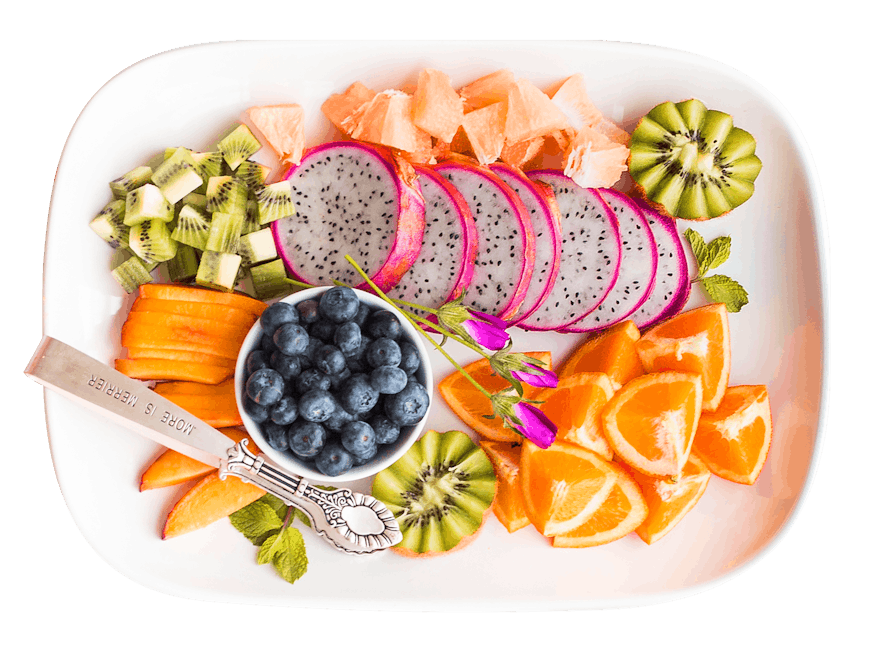-
Lot Size
-
Home Size852 sqft
-
Beds2 Beds
-
Baths1 Bath
-
Year Built1972
-
Days on Market48
The Top 10 Diets
- Neighborhoods and News
- February 19, 2018
 1. MIND Diet
1. MIND Diet
This diet combines elements of the Mediterranean and DASH plan (see below). It focuses on mindful eating for better brain and body. It consists of berries, leafy greens, nuts, and fish. The MIND diet helps with weight management, but also helps in fighting Alzheimer’s.
2. Whole30
The Whole30 is probably the most restrictive diet when it comes to what you can and cannot eat. It eliminates sugars, grains, dairy, legumes, and alcohol for an entire 30 days.
Legumes can include alfalfa, clover, peas, beans, chickpeas, lentils, lupin bean, mesquite, carob, soybeans, peanuts, and tamarind.
3. Macros
The Macros diet closely monitors your carbs, protein, and fats – all the macronutrients. It requires a strict, daily tally from each of the groups to help support your personal needs for your metabolism and exercise habits. It can promote balance, but tallying can get a little annoying for those who are maybe busier throughout the day.
4. Paleo
The Paleo diet eliminates grains, dairy, legumes, and salt from your diet. It is restrictive, so you may want to look into the long-term health implications before committing.
Legumes can include alfalfa, clover, peas, beans, chickpeas, lentils, lupin bean, mesquite, carob, soybeans, peanuts, and tamarind.
5. Low FODMAPs
The acronym stands for: Fermentable Oligosaccharides, Disaccharides, Monosaccharides, and Polyols. Basically, it’s a fancy way to say getting rid of problem foods that can cause issues for those with digestive problems. It helps control digestive distress, providing less tummy trouble, weight loss, and leading to more restrictive, clean eating.
6. Mediterranean
This is one of the top-rated diets because it doesn’t necessarily cut your calories or make it difficult to eat. In fact, it promotes plant-based foods, healthy oils, spices, and seafood for weight loss and disease prevention.
7. Intermittent Fasting
There are many ways to try this diet, and many fitness goers on YouTube have put reviews up trying this diet. In the end, it makes you spend long periods of time away from food. You limit your calories to about 500 a day, doing so for days at a time to promote weight loss and increased longevity. While there is some science behind it, the dramatic shift of diet and the side effects associated with it may be more than you want to handle.
8. Mayo Clinic Diet
This is a new take on calorie count and portion control. It promotes non-starchy carbs and high fiber foods. It promotes the good fats in your body and does not allow for junky foods.
9. DASH
Out of all the diets, this is the top-ranked by the US News and World Report, and even made best diet overall for 2017. The acronym stands for Dietary Approached to Stop Hypertension. It was originally created to help lower blood pressure but is now a great way to start a solid diet of healthy eating. It balances your intake of whole grains, fruits, vegetables, nonfat/low fat dairy, and lean protein.
10. Weight Watchers
Weight Watchers is one of the only diets with lots of science to back it up. It focuses on behavior modification and nutrition education. It is a calorie-controlled, all-foods-fit plan.
For more tips on healthy eating and recipes, visit HGTV.com where the original article is from.



